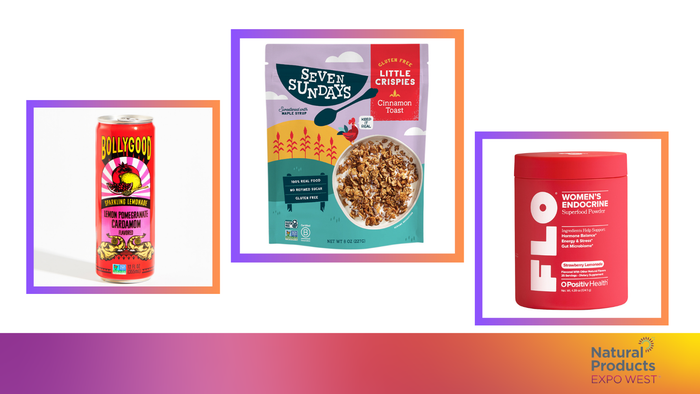At a Glance
- For nearly two decades, the FDA considered coconuts to be allergens for food labeling purposes.
- In new agency guidance on allergen labeling, coconuts are no longer part of the tree nut list.
- Join the MarketReady Insights "Mastering Label Training" on Feb. 11 to learn more about allergen compliance.
CPG brands no longer have to warn consumers when they put a lime and a coconut in their natural food or beverage products. The FDA has removed coconuts from the list of tree nuts considered allergens.
The U.S. Food and Drug Administration in January released two final guidance documents on food allergens: Evaluating the Public Health Importance of Food Allergens ... and Questions and Answers Regarding Food Allergens .... These documents replace the agency’s previous draft and final guidance documents on allergen labeling issued in 2022.
Under the federal Food, Drug, and Cosmetic Act (FD&C Act) and the Food Allergen Labeling and Consumer Protection Act (FALCPA), the FDA identifies nine major foods allergens, one of which is “tree nuts.” In the newly released guidance, the FDA clarified that for allergen labeling purposes, only 12 tree nuts are considered allergens:
Almonds
Black walnuts
Brazil nuts
California walnuts
Cashews
Filbert/hazelnuts
Heartnut/Japanese walnuts
Macadamia nut/bush nuts
Pecans
Pine nut/pinon nuts
Pistachios
Walnuts (English, Persian)
Notably absent from the list are coconuts, which the FDA first designated as a tree nut for allergen purposes in the early 2000s. Although agency guidance does not carry the same binding authority as laws and regulations, it does represent the FDA’s current stance on the matter, including enforcement priorities. Noncompliance can lead to consequences; previous mislabeling of coconut allergens has resulted in warning letters and product recalls.
The notable omission has prompted some to question whether a tree nut fell on the FDA’s head, but in the guidance, the FDA indicated that other nuts not on the list “do not have a robust body of evidence to support inclusion as a major food allergen.” This change is seen as a win for the coconut industry, easing challenges for trading partners, brand and co-manufacturers.
"AHPA has been seeking this change for over a decade," AHPA President Michael McGuffin said in a January press release when the change was announced. "The removal of coconut from the set of major food allergens, coupled with other clarifications, brings FDA allergen policy one step closer to alignment with reality."
Going forward, some brands may wonder whether they should include a “may contain” statement out of an abundance of caution for products containing coconuts. The guidance clarifies that “may contain” statements are not addressed in the FDC&A and such statements “are not substitutes for adherence to good manufacturing practices or food allergen preventive controls and must be truthful and not misleading (section 403(a)(1) of the FD&C Act).” The over-labeling of potential allergens in “may contain” statements has also resulted in recent FDA warning letters.

New Hope Network is your regulatory compliance partner
Proper allergen labeling can be complex, and unintended errors can result in serious consequences. At New Hope Network's industry events, including Natural Products Expo West and Newtopia Now, and on its digital product directory Beacon Discovery, the New Hope Network Standards Team reviews product labels to ensure basic compliance with FDA labeling rules, including allergens.
Additionally, our MarketReady Insights program offers regulatory consulting services for emerging and established brands alike. Regulatory program manager and former FDA investigator Larisa Pavlick recently led a virtual Mastering Label Training that covers these topics and more:
Ingredient labeling: Understanding the FDA's rules for ingredient lists, allergens, and nutritional information.
Health claims: Ensuring any claims on your labels are appropriate and compliant with FDA guidelines, including structure/function claims and health claims.
Serving size and nutritional information: Establishing accurate and compliant presentation of serving sizes, calories, nutrient data, and more.
Packaging compliance: Meeting labeling standards for language, font size, and format to avoid regulatory issues and improve consumer trust.
This expert-led training can help brands avoid costly mistakes, reduce risks of product recalls and improve customer trust with clear, compliant and effective product labeling. To register for this $450 session, available on demand, click here.
About the Author
You May Also Like





